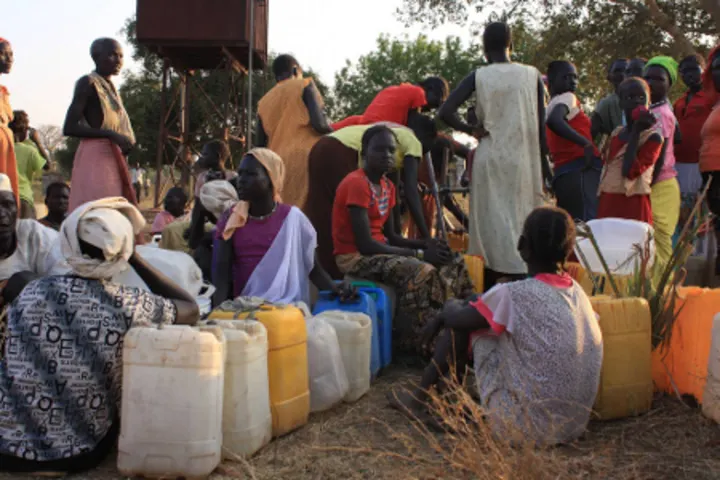The Ethiopian government announced on Thursday the sale of 45% of the capital of the public operator Ethio Telecom, which lost its monopoly in 2022, a figure up from the 40% sale announced in November.
“The Ethiopian government is proposing a partial privatization of Ethio Telecom by selling up to 45% of its capital,” the Ministry of Finance announced in a statement, citing the company’s “solid financial performance”.
In November, the same ministry had announced the “sale of shares constituting 40% of the capital of the company.
Launched in June 2021, the partial privatization of Ethio Telecom, a 100% public company, had finally been postponed indefinitely to March 2022 “due to recent developments and rapid macroeconomic changes” in the world and in the country.
The privatization of Ethio Telecom is one of the cornerstones of the reform package announced by Prime Minister Abiy Ahmed when he came to power in 2018 to modernize Ethiopia’s heavily state-run economy.
In May 2021, a second cell phone license – ending Ethio Telecom’s monopoly – had been granted to Kenyan operator Safaricom.
The economy of Ethiopia, a country of about 120 million people, has deteriorated profoundly over the past two years against the backdrop of the Covid-19 pandemic, the deadly conflict between the federal government and rebel authorities in the northern region of Tigray – a peace agreement was signed between the parties in November 2022 – and the repercussions of the war in Ukraine.














